12 Ways Older Men Show They Care—Without Saying It
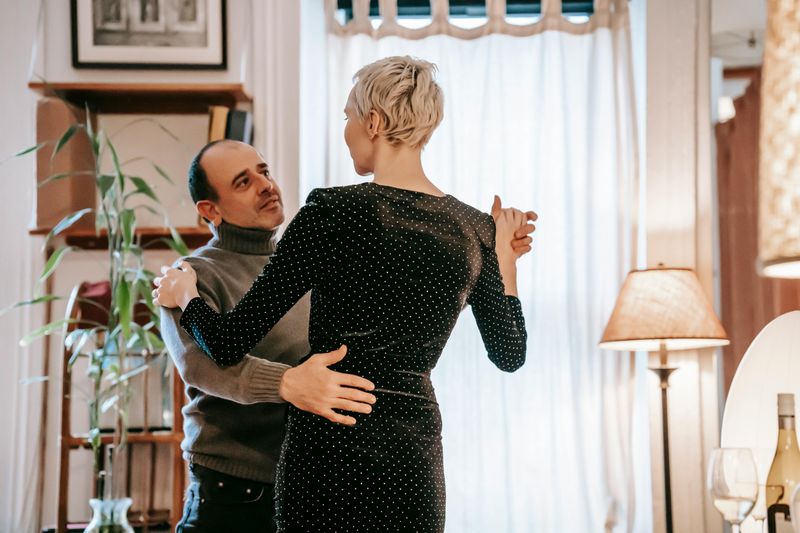
Men, especially those from older generations, often express their love in ways that don’t involve words. While they might not always say “I care about you,” their actions speak volumes. These silent gestures of affection might seem small but carry deep meaning. Understanding these unspoken signs can help you recognize the love that’s being communicated without a single word.
1. Offering Practical Help

An older man’s toolbox often serves as his love language. When he shows up with his wrench to fix your leaky faucet or offers to change your car’s oil, he’s saying more with his actions than most people do with flowery speeches. These men were raised believing that usefulness equals worthiness.
By solving your practical problems, they’re not just fixing things—they’re demonstrating reliability and commitment. Their generation values competence and helpfulness above emotional declarations. Watch how they quietly assess situations, looking for ways to make your life easier. Whether it’s carrying heavy groceries, setting up your new phone, or building a bookshelf, these acts of service aren’t just chores to them—they’re expressions of deep care and protection.
2. Consistent Check-Ins
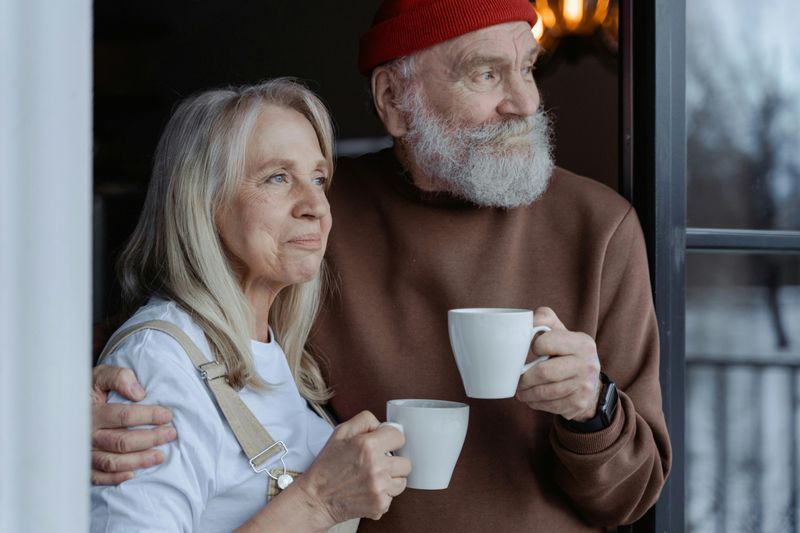
That brief text asking if you arrived safely isn’t just casual conversation. For an older man, these regular check-ins are his way of holding you in his thoughts throughout the day. The message might be short, but the sentiment runs deep. Men from traditional generations weren’t taught to express worry openly. Instead, they channel concern into these seemingly small gestures.
A quick call during bad weather or a simple “How did your meeting go?” represents their quiet vigilance over your wellbeing. Look for patterns in their communication. The consistency matters more than the content. These aren’t random contacts but a deliberate rhythm of attention that says: “You matter to me, and I’m watching out for you” without the vulnerability of stating it directly.
3. Remembering the Little Things

Your favorite coffee order. The name of your childhood pet. That story about your third-grade teacher. When an older man files away these seemingly insignificant details, he’s creating a mental archive of what matters to you. Men of earlier generations often express affection through attention rather than words. They might surprise you by remembering your preference for aisle seats on planes or picking up your favorite brand of chocolate without being asked.
These aren’t coincidences but deliberate acts of care. The magic happens when they reference these details weeks or months later. That moment when he says, “I got tickets for that band you mentioned last summer”—that’s his heart speaking. His memory serves as a quiet testament to how carefully he listens when you speak.
4. Acts of Service
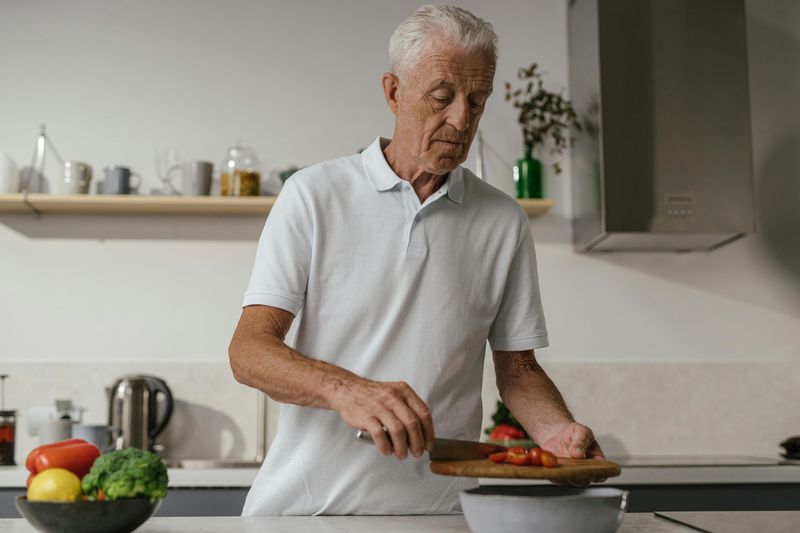
The dinner waiting on the table when you’ve had a rough day speaks volumes. Older men often express their deepest feelings through tangible assistance rather than emotional conversations. Their generation was taught that providing equals caring. Notice how they anticipate needs before you voice them. Perhaps he scrapes ice off your windshield before you leave for work or takes your car for an oil change without being asked.
These aren’t random kindnesses but deliberate expressions of devotion. For many older men, the phrase “I love you” feels awkward on their tongues, but their hands remain fluent in the language of service. When he insists on driving you to the airport at 4 AM or mows your lawn while you’re recovering from surgery, he’s saying everything without uttering a word.
5. Protective Gestures
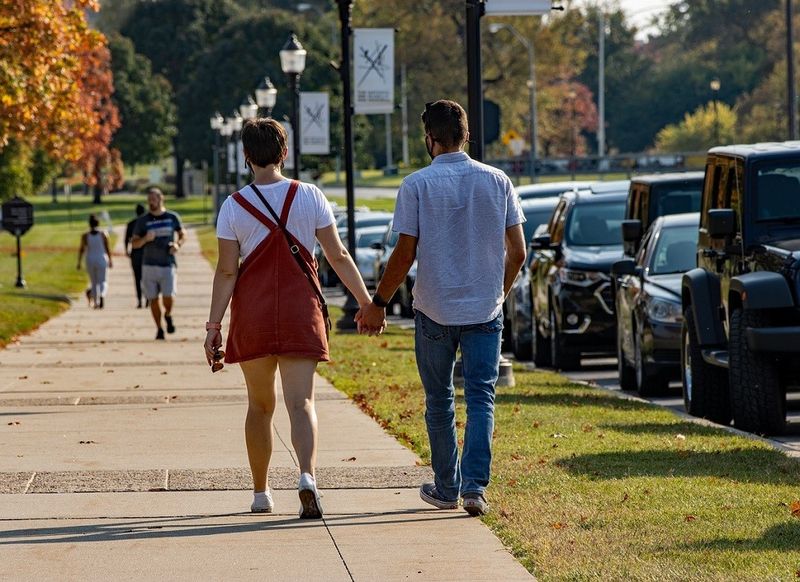
Watch how he naturally positions himself between you and traffic when walking together. This isn’t coincidence—it’s instinct. Older men often express their care through subtle protective behaviors that many might miss. These gestures run deep in their generational programming. The hand at your elbow when navigating stairs. The way he insists you text when you get home safely. How he subtly scans a room when you enter together.
Each movement forms part of an unspoken security system built around your wellbeing. Many were raised with the belief that protection equals devotion. When he offers his jacket when you shiver or walks you to your car after dark, he’s not just being polite. He’s demonstrating his most fundamental way of saying: “Your safety matters to me because you matter to me.”
6. Sharing Their Expertise

When an older man takes time to teach you how to change a tire or understand your retirement options, he’s offering something precious: knowledge accumulated over decades. This sharing isn’t about showing off—it’s about equipping you with tools for life. Men from traditional generations often express affection through usefulness rather than words.
By passing on skills or information, they’re ensuring your self-sufficiency while simultaneously demonstrating their investment in your future. The patience they show during these teaching moments reveals how much they value your growth. Listen for the stories woven between instructions. When he explains how he learned this skill or why it matters, he’s sharing pieces of himself. This vulnerability, rare for men of certain generations, represents a profound form of connection that transcends conventional expressions of care.
7. Making Time for You

Calendar changes speak louder than compliments. When an older man rearranges his schedule to attend your presentation or delays his fishing trip because you need help moving, he’s demonstrating priority through presence. For his generation, time represents the ultimate currency of care. Notice how he creates space for you within his established routines.
Perhaps he shifts his morning coffee ritual to include you or adjusts his Sunday traditions to accommodate your visit. These aren’t minor concessions but significant declarations of your importance in his life. Men of certain generations were taught that reliability defines character. When he consistently shows up—for events big and small, through good times and difficult ones—he’s living his definition of devotion. His steady presence, often without fanfare or explanation, forms the backbone of his emotional expression.
8. Physical Presence Over Words
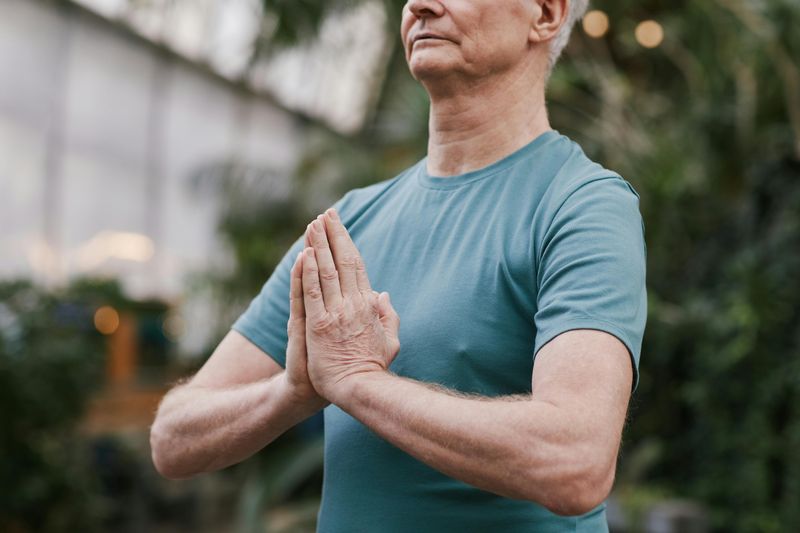
During your toughest moments, he simply appears at your side. No speeches about feelings, no attempts to fix everything—just steady, unwavering presence. For older men, being physically present during hardship represents their deepest form of emotional support. Watch how they quietly occupy space during difficult times. Perhaps he sits beside you at the funeral without saying much, or waits in hospital waiting rooms without complaint.
This silent companionship isn’t emotional distance but rather their generation’s version of intimate support. Many were raised to believe that strength means providing stability rather than conversation. When he drives three hours just to sit with you after bad news or shows up unannounced with takeout when you’re overwhelmed, he’s demonstrating a profound truth: sometimes the most powerful expression of care is simply refusing to leave you alone in your pain.
9. Subtle Physical Affection
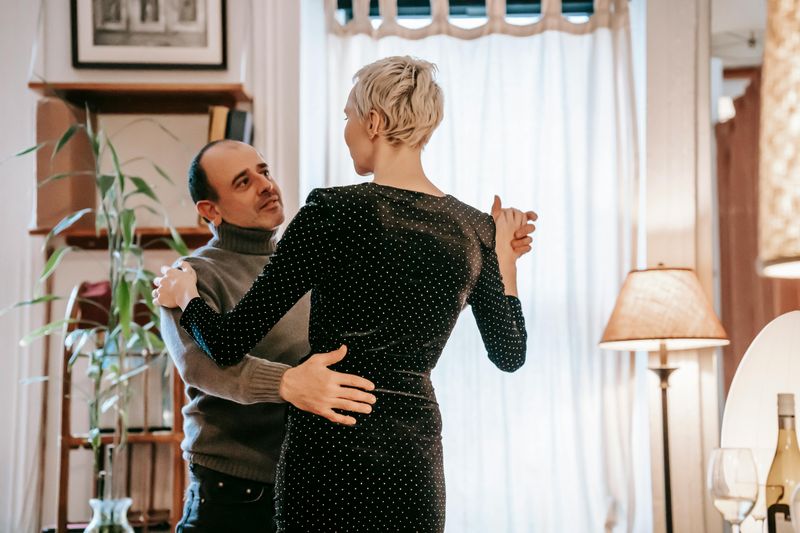
The hand resting briefly on your shoulder speaks volumes. Older men often express affection through fleeting physical gestures that might seem small but carry emotional weight. Their generation typically values restraint, making these touches all the more meaningful. Look for patterns in their physical language. The way he offers his arm when walking on uneven ground. How his hand finds the small of your back in crowded spaces.
These aren’t random movements but deliberate expressions of both protection and connection. For many men raised in earlier eras, these subtle contacts represent significant emotional vulnerability. When he reaches for your hand during a difficult conversation or gently adjusts your collar against the cold, he’s speaking a physical language of care that feels safer than words. These quiet moments of connection often communicate more than lengthy declarations ever could.
10. Introducing You to Their Circle
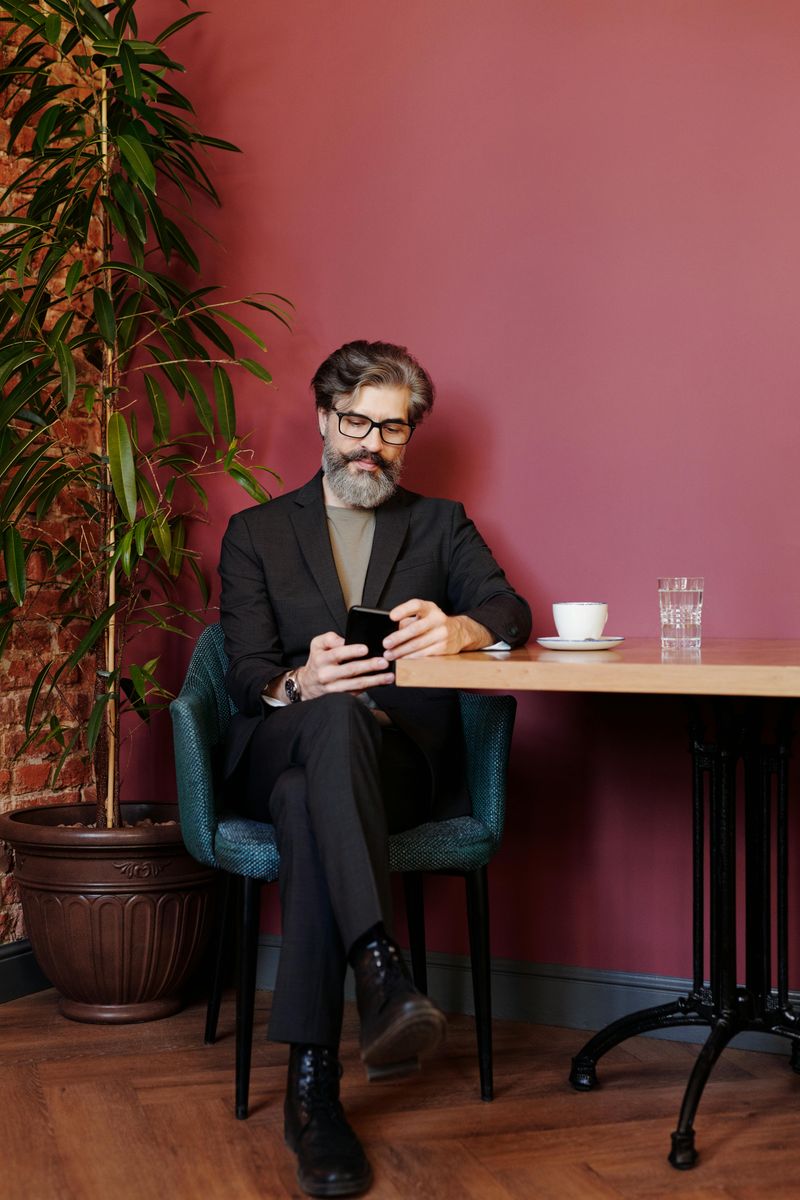
“This is my friend I’ve been telling you about.” With these simple words to his fishing buddy of thirty years, an older man makes a profound statement about your importance. For men of traditional generations, their social circles represent carefully guarded territory. When he brings you to his regular breakfast spot or introduces you to his longtime friends, he’s not just expanding your social connections. He’s integrating you into the foundation of his life.
These introductions represent a significant emotional step that many older men take before verbal declarations of feelings. Pay attention to how he presents you to others. The pride in his voice when he mentions your accomplishments. The way he includes you in longstanding traditions or inside jokes. These aren’t casual social courtesies but deliberate actions that announce to his world: “This person matters to me.” No grand speeches required.
11. Respecting Your Independence
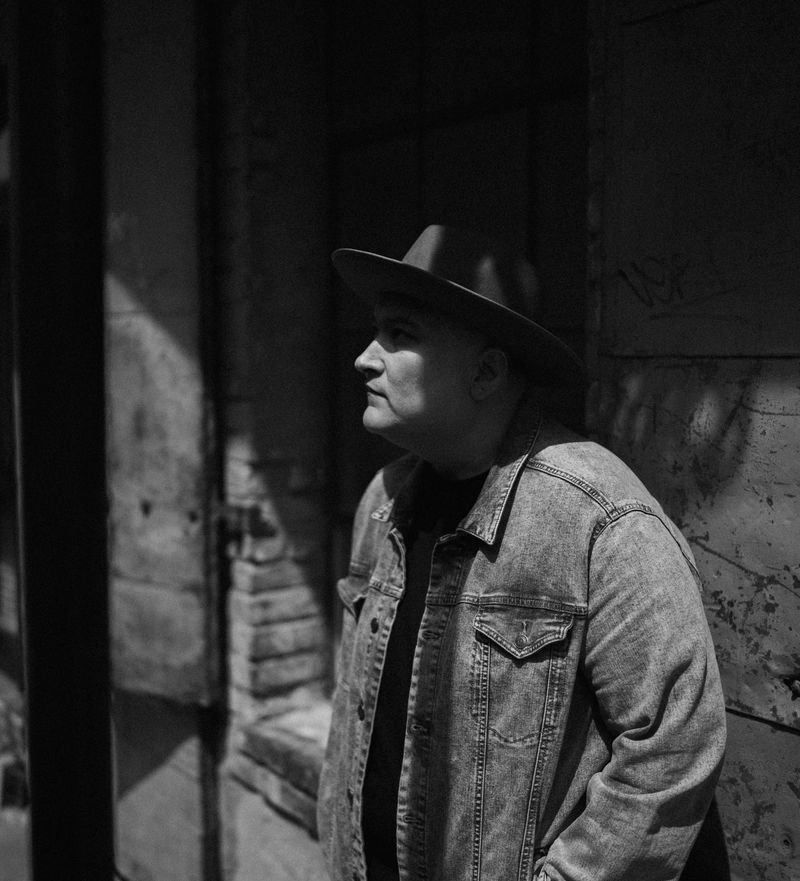
Contrary to stereotypes, many older men show deep care through the space they give you. When he respects your decisions without questioning them or supports your goals without taking over, he’s demonstrating profound emotional maturity. Notice how he offers advice only when asked, stepping back to let you navigate challenges your way.
This isn’t disinterest but rather a vote of confidence in your capabilities. For his generation, respect often manifests as restraint—knowing when not to intervene. The true test comes during disagreements. When he listens to your perspective without dismissing it, even when it differs from his own, he’s practicing a sophisticated form of care. This balance—being supportive without being controlling—represents one of the most evolved ways older men express their investment in your wellbeing and happiness.
12. Creating Traditions Together
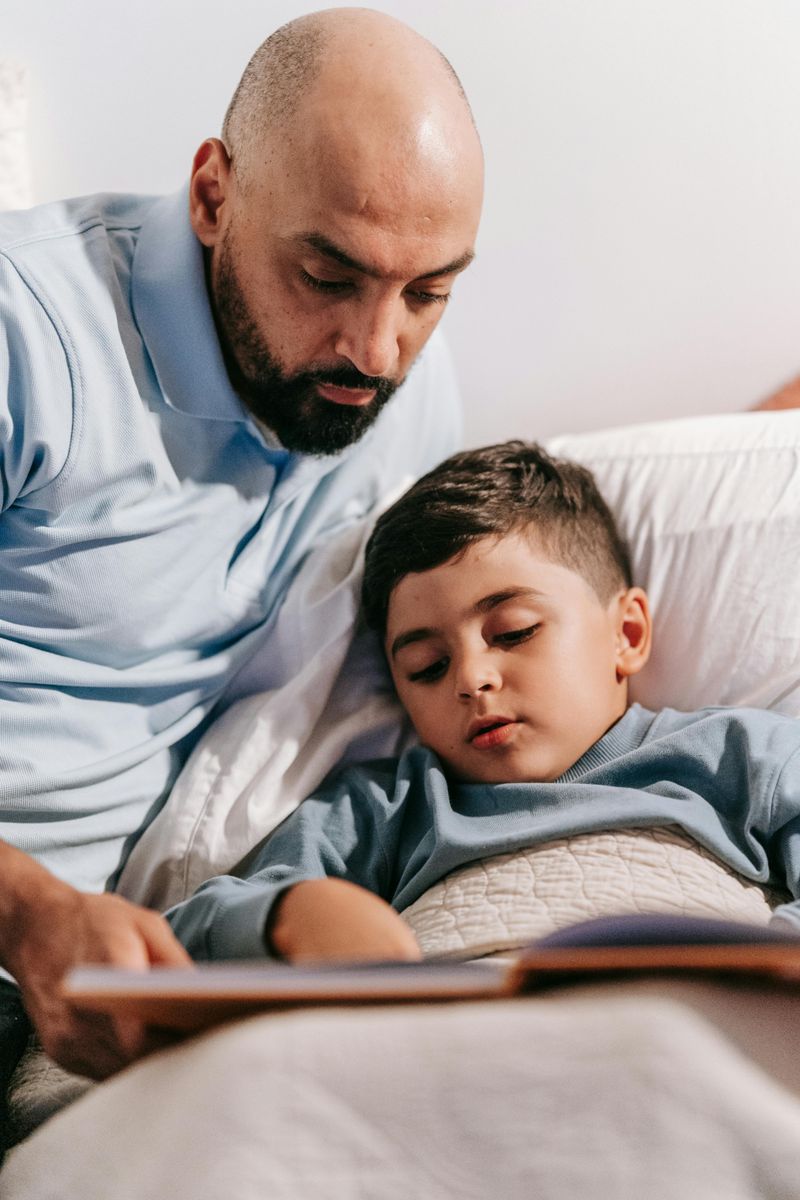
Sunday morning pancakes. The annual fishing trip. That special restaurant for birthdays. When an older man establishes recurring rituals with you, he’s building something more significant than habits—he’s creating shared history. For men raised in traditional eras, establishing patterns represents commitment without requiring verbal declarations. These customs become anchors in the relationship, silent promises of continuity and care.
Watch how he maintains these traditions, often planning them without prompting. The magic lies in consistency. That coffee he brings exactly how you like it every morning isn’t just breakfast—it’s a daily renewal of attention. The holiday traditions he insists on keeping, the monthly outings he arranges without fail—these rhythmic expressions of care form a language more reliable than words. Through these shared rituals, he’s saying: “I’m planning a future that includes you.”

Comments
Loading…